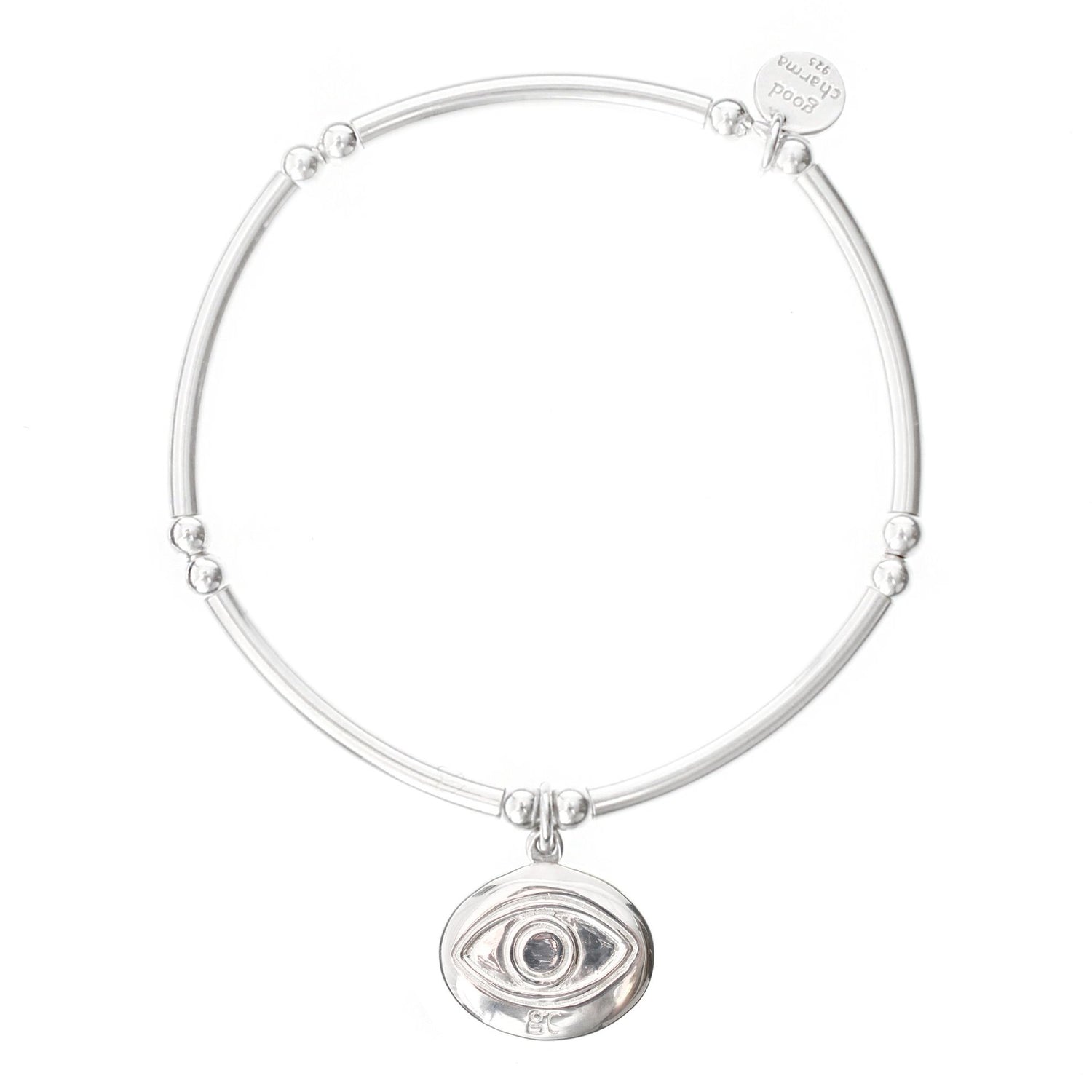Pop quiz. Which do you think would make you happier:
- Spending $100 on yourself
- Spending $100 on other people
Based on signals from our world, which encourages us to think of happiness in terms of stuff, it would seem that the answer is A. But based on a scientific study of this very question, the answer is overwhelmingly B, spreading that money out among the people you love.
Generosity can spur brain activity in happiness centers, improve overall health, reduce blood pressure, and extend life expectancy. But a capitalistic world prefers that we get addicted to the cycle of acquisition and disappointment — attributing our dissatisfaction with stuff to not having enough stuff.
Let me tell you: It’s a hamster wheel. Jump off.
A Friend in Need
About a decade ago, I met a friend for lunch. She was in a tough spot, to say the least, going through financial ruin, cancer, and divorce all at once. She wore the downcast expression of someone who wasn’t sure if she had the strength to make it through.
I couldn’t do much to soothe her underlying pain. The challenges in her life went beyond the scope of a simple friendly conversation. But I could do one thing just to give her a reminder that there were people out there who cared, who were invested in seeing her reach the other side of her suffering.
Without hesitating, I took a bracelet off my arm, handed it to my friend, and said, “This is for you.”
Later, after she had found her way to financial stability, good health, and new love, she told me how much the bracelet meant to her. It was a small, daily reminder that there was a reason to persevere — like a constant smile from a friend who was invested in her wellbeing.
The Charmic Cycle
Most people have heard the term “karma,” and they think of it as a fancy way to say, “What goes around comes around.” If you do bad things, bad things will happen to you; if you practice kindness, the world will be kind to you.
The actual definition is a little more nuanced. Karma is a Sanskrit word that literally translates to “work” or “deed.” In Buddhist thinking, the intent behind every deed extends that type of energy into the world. It doesn’t necessarily have any bearing on what happens to you in the future — but each one of your acts changes the world.
Malice makes the world more malicious, kindness makes the world kinder. Materialistic choices create more materialism, generous choices breed generosity. Thus, the karmic cycle — the cycle of behaviors set off by a single person’s choice.
I made giving back a core tenet of Good Charma precisely for this reason — to start the charmic cycle. When you give a gift, you give much more than the object — you give your good energy, an inexhaustible symbol of love and support.
I’ve always envisioned that, in its ideal state, Good Charma would resemble The Sisterhood of the Traveling Pants: Buyers wear a bracelet for as long as they need it, until they see someone who seems to need it more, and pass it on to them, extending the life of positive energy as far as possible.
Looking to grow the cycle of happiness in your world? It might help to start with Love.


